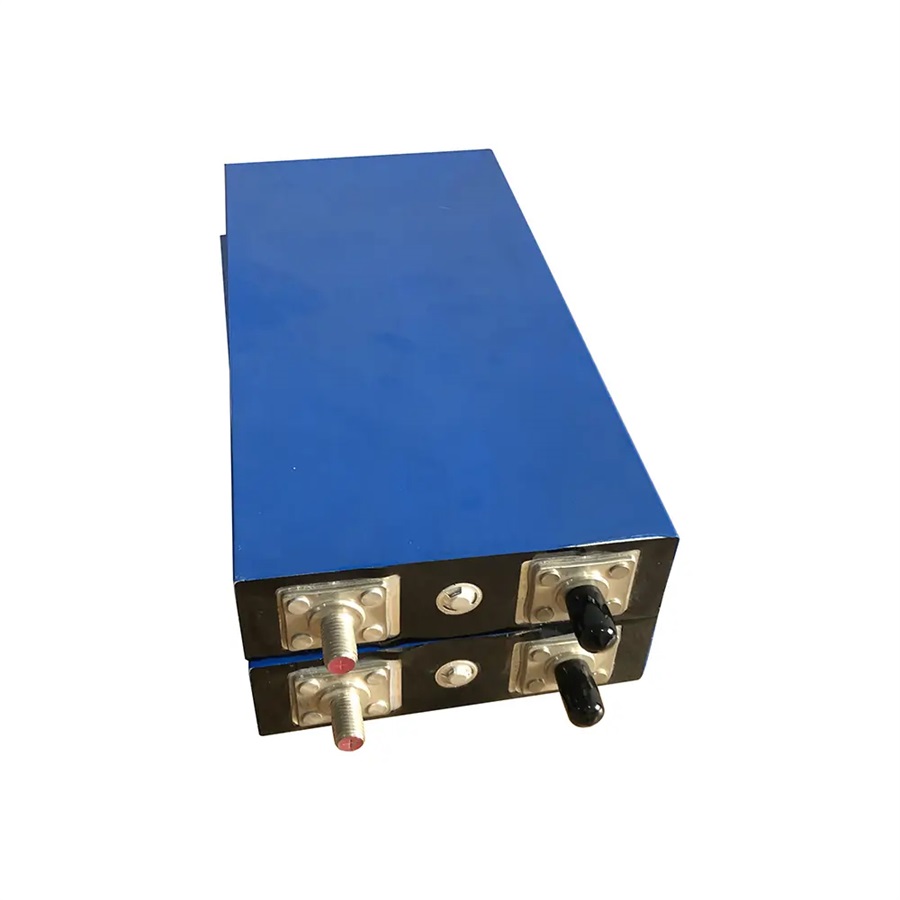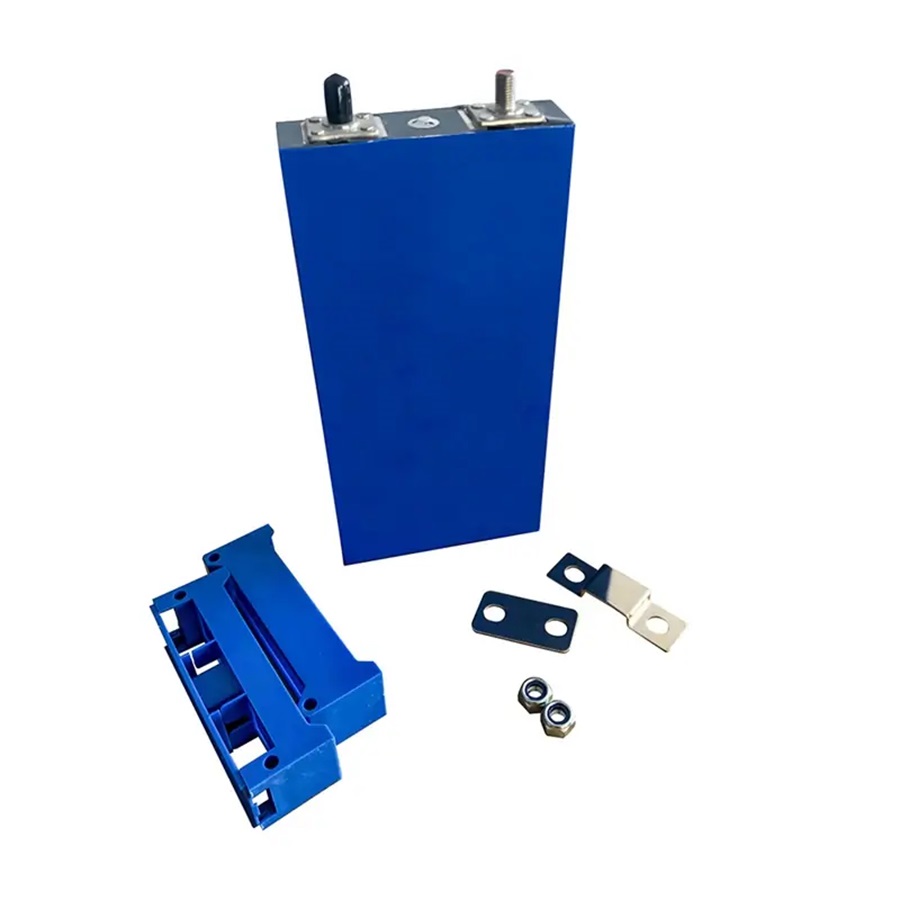LiFePO4 Battery Cell 3.2V 100Ah 36130265-100PF
LiFePO4 Battery cell, 3.2V 100Ah 36130265-100PF Cell has the characteristics of fast charging, high energy storage, ultra-low impedance, ultra-high energy ratio, and energy storage
- Category: LiFePO4 Battery Cell
- Tag: lifepo4 battery cell
36130265-100PF LiFePO4 Battery 3.2V 100Ah Prismatic Cell
Fortune LiFePO4 Battery Cell has the characteristics of fast charging, high energy storage, ultra-low impedance, ultra-high energy ratio, and energy storage efficiency. It is safer, more environmentally friendly, more stable, and more efficient.
Features
1. ≥4,000 cycles at 80% Depth of Discharge at 0.5C
2. Built with the safest Lithium Iron Phosphate chemistry in prismatic aluminum cells
3. Nanometer LiFePO4 cathode ensures durability, higher power output performance, and superior low-temperature performance
4. 2C constant discharge rate outperforms normal 1C rate batteries
5. Consistency of each individual cell maximizes pack capacity
6. Copper stud terminal design, no welding needed, can use an impact gun
7. Built to last, ideal for powering heavy-duty industrial vehicles and machines
Specifications
Parameter | |
Capacity(Ah) | 100 |
Product category | Prismatic aluminum case |
Thickness(mm) | 36 |
Width(mm) | 130 |
Height(mm) | 290 |
Nominal voltage(V) | 3.2 |
Weight(Kg) | 2.7 |
Standard current discharge(A) | 0.5C |
Operating voltage range(V) | 2.2~3.65 |
Operating temperature range(℃) | -20~55 |
Maximum charge rate (Continued) | 1C |
Maximum discharge rate (Continued) | 2C |
Cycle life | 80%DOD≥2500 times |
We provide busbars, nuts, and battery holders for customers who use 100ah fortune lifepo4 battery cells DIY battery packs.
The holders can not only facilitate the installation of the battery modules, but also ensure the gap between the batteries, prevent the battery expansion, and help the battery heat dissipation to improve the performance of batteries.
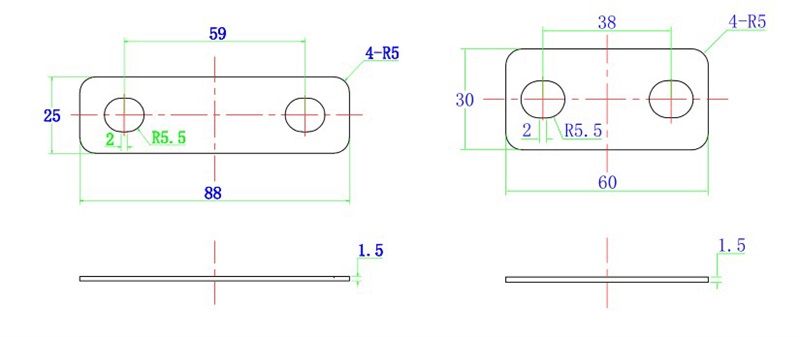
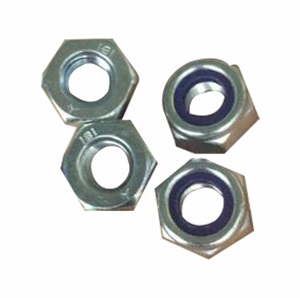
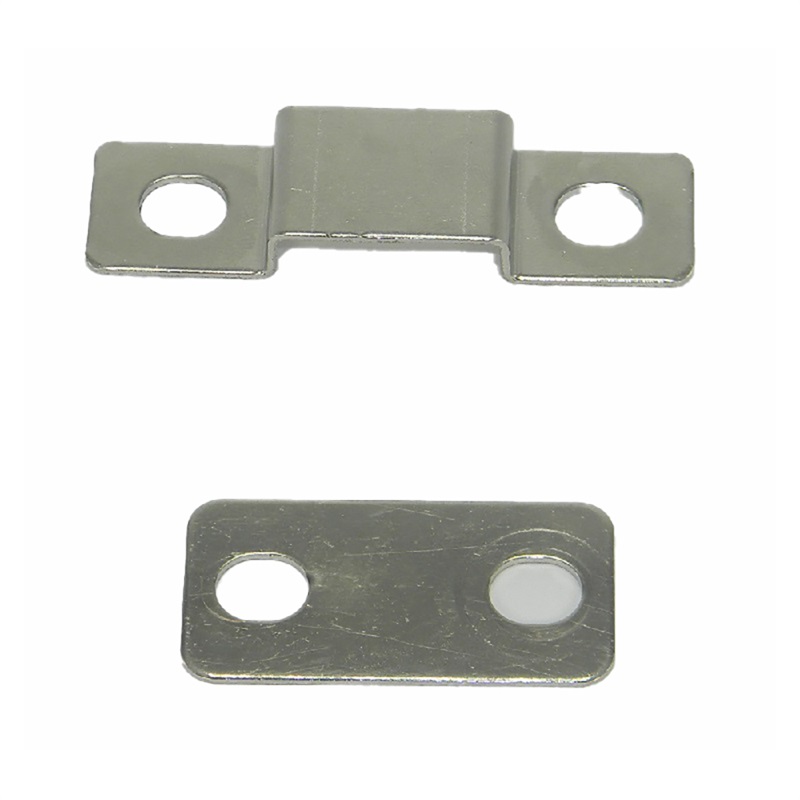
Performance Curves
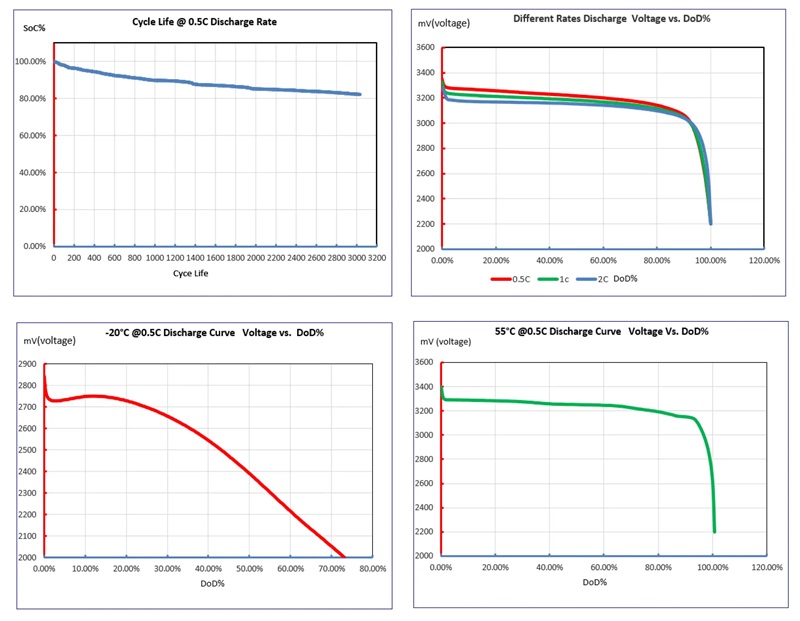
Precautions and Safety Instructions
1 Standard cell Precautions
a. Do not expose the cell to extreme heat or flame.
b. Do not short circuit, over-charge or over-discharge the cell.
c. Do not subject the cell to strong mechanical shocks.
d. Do not immerse the cell in water or sea water, or get it wet..
f. Do not disassemble or modify the cell.
g. Do not handle or store with metallic like necklaces, coins or hairpins, etc.
h. Do not use the cell with conspicuous damage or deformation.
i. Do not connect cell to the plug socket or car-cigarette-plug.
j. Do not make the direct soldering onto a cell.
k. Do not touch a leaked cell directly.
l. Do not use for other equipment.
m. Do not use Lithium-ion cell in mixture.
n. Do not use or leave the cell under the blazing sun (or in heated car by sunshine).
o. Keep cell away from children.
p. Do not drive a nail into the cell, strike it by hammer or tread it.
q. Do not give cell impact or fling it.
2.Cell Operation Instructions
2.1 Charging
a. Charge the cell in a temperature range of 0°C to + 50°C.
b. Charge the cell at a constant current of 0.3Cuntil 3.65V, and then at a constant voltage of 3.65V until 0.05C. Charge rates greater than 1C are NOT recommended. (C : Rated Capacity of cell)
c. Use a constant current, constant voltage (CC/CV) lithium-ion (Li+) cell charge controller.
d. Do not continue to charge cell over specified time.
2.2 Discharging
a. Recommended cut-off voltage to 2.2V. Recommended max continuous discharge current is 3C。
b. For maximum performance, discharge the cell in a temperature range of -20°C to +50°C.
2.3 Storage Recommendations
In case of long-period storage (more than 3 months), storage the cell at temperature range of –10 ~ +45°C, low humidity, no corrosive gas atmosphere,No press
on the cell; And more than 3 months need to put a charge according to the standard charge and discharge process
